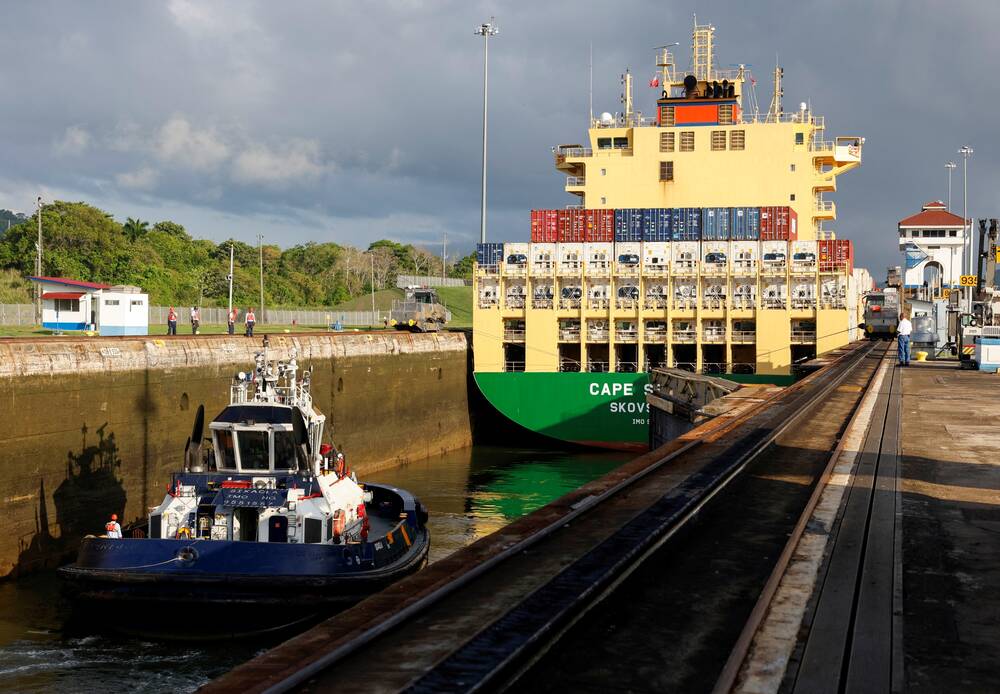Global shipping costs could ease as congestion improves: FCC economist

Global shipping bottlenecks appear to be easing and could make way for lower shipping costs, though fuel prices remain a wildcard according to analysis from Farm Credit Canada (FCC).
Shipping capacity continues to be hampered by ongoing unrest around the Red Sea, wrote FCC senior economist Leigh Anderson in a July 17 article on the lender’s website.
As recently as July 15, Houthi fighters claimed to have targeted three vessels in the Red and Mediterranean seas with ballistic missiles, drones and booby-trapped boats, Reuters reported on July 16.
Read Also


CFIA launches consultation on labeling of plant-based egg alternatives
The Canadian Food Inspection Agency (CFIA) has begun a 90-day consultation on how to label and represent plant-based egg alternatives.
Since November, the Houthis have sunk two vessels and seized another. This has led to ships avoiding the shortcut of the Suez Canal and rerouting around the horn of Africa.
The much longer journey has negatively affected shipping times and port scheduling, leading to congestion in Asian ports, Anderson wrote. Low water levels in the Panama Canal, bad weather and labour issues in key ports have exacerbated the issue.
This has doubled the Baltic dry index, a global measure of dry bulk freight prices, and more than tripled the world container index, Anderson said—though shipping is still cheaper than in 2021.
Detours around Africa aren’t expected to end soon, said Anderson, but there are signs global port congestion will ease.
Shipping companies are adapting schedules to the new operating environment, with some redirecting to larger Asian ports, unloading shipments, and reloading onto smaller ships to continue to final destinations.
Water levels in the Panama Canal are returning to normal faster than expected due to recent rainfall. Daily transits are increasing and should be near the historic average by August.
“Fuel prices remain a wildcard considing they tend to respond to changes in oil prices and also to changes in inventory, which can be volatile,” wrote Anderson.
In July, U.S. crude oil inventories were down 19 per cent compared to the same month over the last five years. While this could support oil prices, “we’re not anticipating a surge any time soon,” Anderson said.
For Canadian agriculture, the possibility of domestic railway strikes remains the biggest threat to transportation costs, he added.
Source: Farmtario.com

